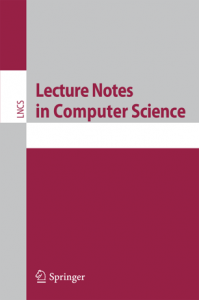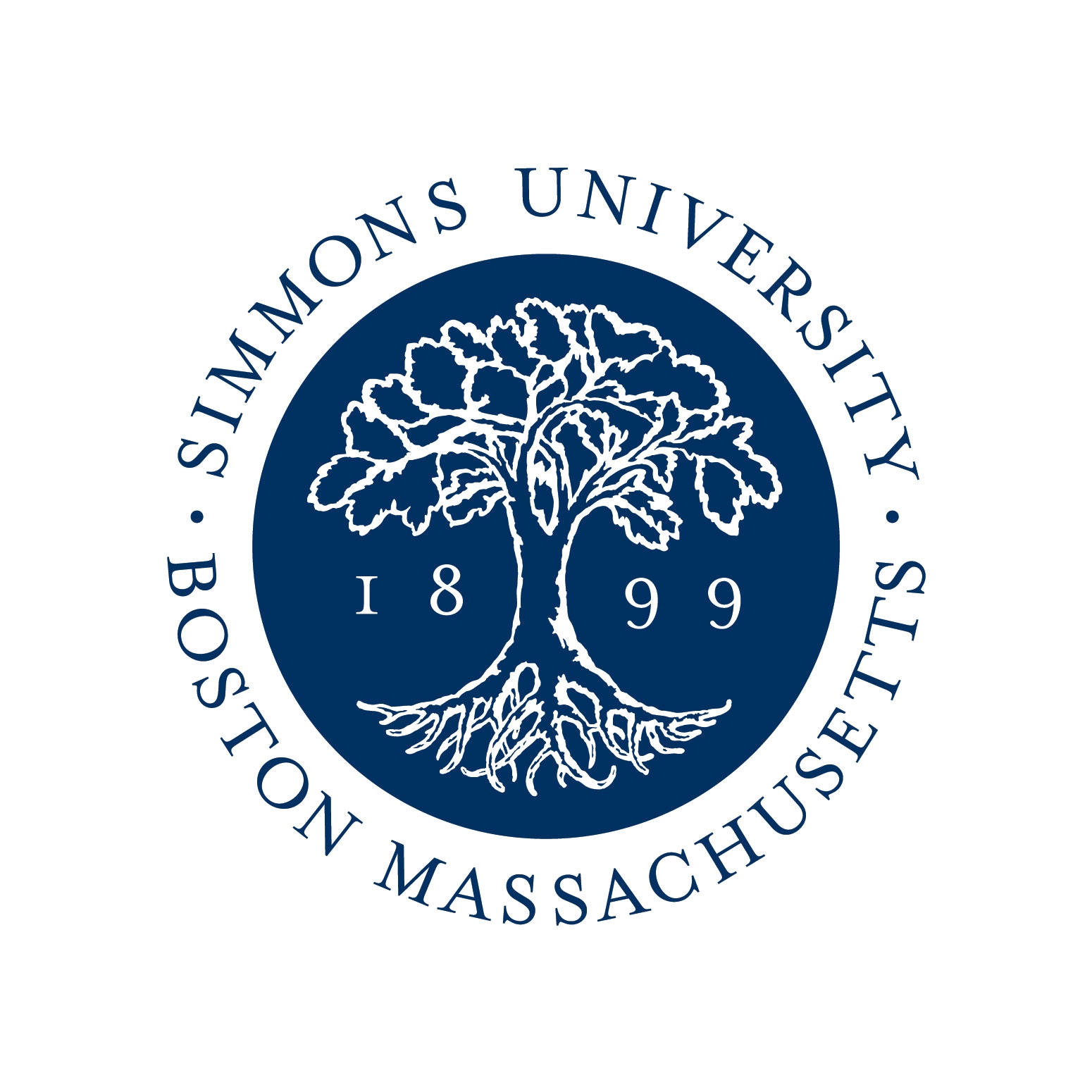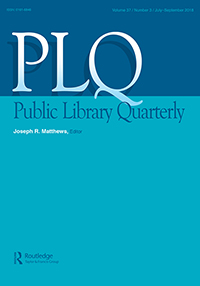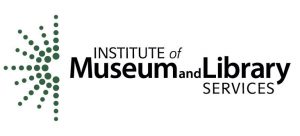 My colleagues, Chris Ritzo, Georgia Bullen, the late James Werle, and SLIS doctoral student, Alyson Gamble, and I have a new paper published in Lecture Notes in Computer Science. The paper, titled “Participatory Development of an Open Source Broadband Measurement Platform for Public Libraries” was published as part of the iConference 2019 Conference Proceedings.
My colleagues, Chris Ritzo, Georgia Bullen, the late James Werle, and SLIS doctoral student, Alyson Gamble, and I have a new paper published in Lecture Notes in Computer Science. The paper, titled “Participatory Development of an Open Source Broadband Measurement Platform for Public Libraries” was published as part of the iConference 2019 Conference Proceedings.
Here is the abstract for our paper:
“Public libraries need access to reliable, automated, and longitudinal data on the speed and quality of service of their broadband Internet connections. Having such data at a local, granular level is essential for libraries to understand how their broadband infrastructure can meet their communities’ digital demands, as well as inform local, state, and national broadband planning efforts in the U.S. This paper contributes a participatory research methodology and an information system design proposal to investigate how public libraries can utilize broadband measurement tools to achieve these goals. The purpose of the research is to assist public libraries in gaining a better understanding of the relationship between their network infrastructure and digital services. The paper concludes with a brief discussion of the expected findings from our project, which builds upon existing research that examined how broadband measurement tools can be utilized in public schools.”
To learn more about our research, please visit our project site.


